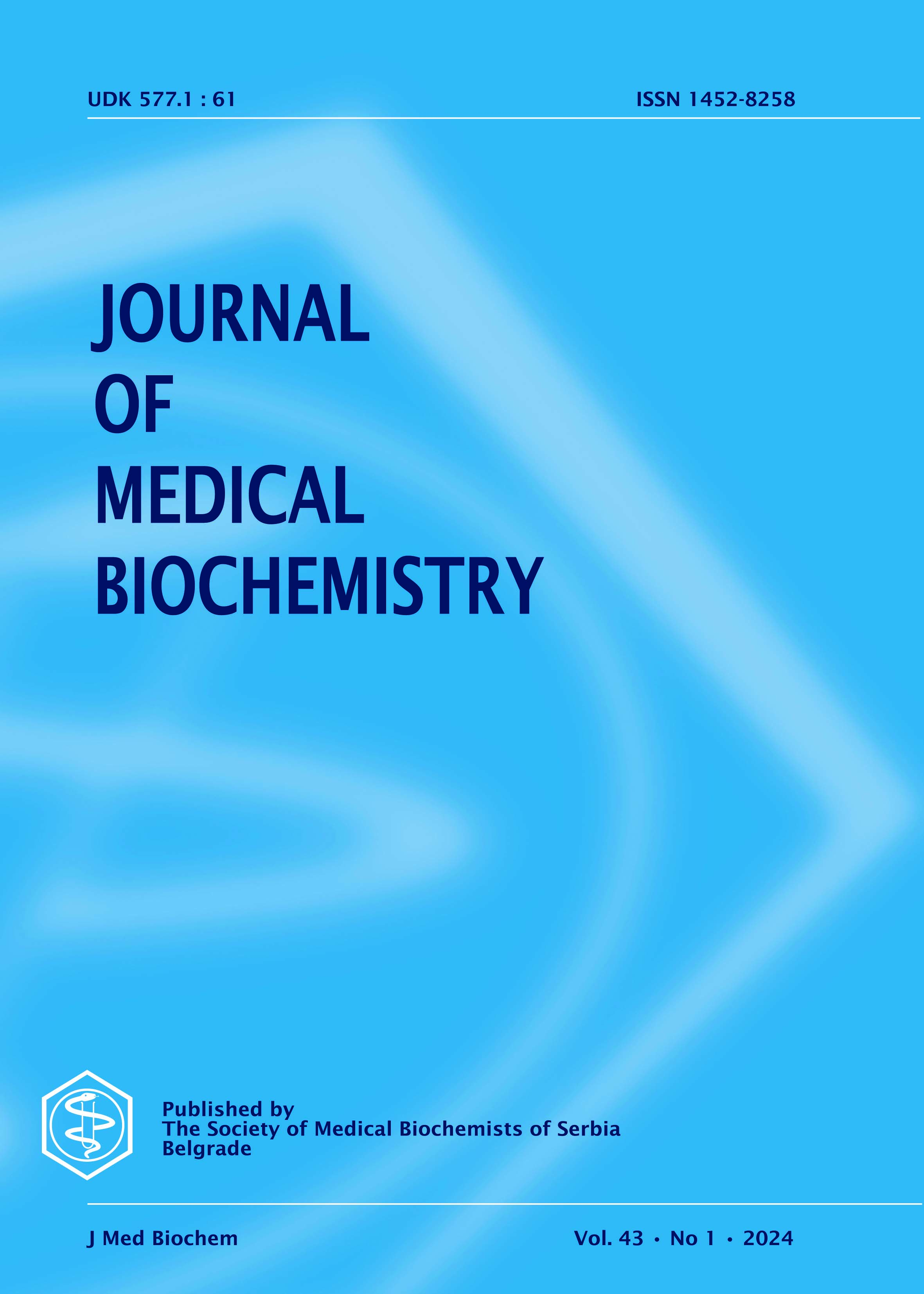Cardiorespiratory fitness mediates cortisol and lactate responses to winter and summer marches
VO2max associated cortisol and lactate responses to marching
Abstract
Background: The extent to which homeostatically regulated physiological processes (including cardiorespiratory fitness expressed as VO2max) are involved in response to physical stressors (which include acclimatization and marching) has not been studied,, and we intended to make this assessment based on measured cortisol levels and blood lactate in subjects exposed to summer and winter acclimatization and marching.
Methods: Two groups of young men with poor (PCF; n=9) and better physical condition (GCF; n=21), corresponding to the VO2max threshold of 40mL O2/kg/min, marched 15 km at an average speed of 6-7 km/h, in winter (5˚C) and in summer (32˚C). Blood sampling was performed in the morning hours (10 am) before and immediately after the march. At the same time, the participants' pulses had not yet settled, and cortisol and lactate analyses were performed using routine methods.
Results: Basal cortisol was significantly elevated at 5°C in the PCF group. After marching, cortisol decreased substantially in both groups at 5°C. Basal and post-marching cortisol levels were significantly elevated only at 32°C in the GCF group.
Conclusions: Cold is more stressful to the body than heat and physical activity reduces cold-related stress, regardless of fitness. Individuals with poorer fitness are more susceptible to cold or heat stress. Only individuals with better physical fitness (associated with lower cortisol levels) had higher lactate levels at baseline and after marching at 32 °C, confirming that their energy metabolism is more dependent on lactate metabolism and that they are less stressed under these conditions.
Copyright (c) 2023 Deniel Pesic, Mirjana Djukic, Ivan Stanojevic, Vladimir Živkovic, Sergey Bolevich, Stefani Bolevich, Vladimir Jakovljevic

This work is licensed under a Creative Commons Attribution 4.0 International License.
The published articles will be distributed under the Creative Commons Attribution 4.0 International License (CC BY). It is allowed to copy and redistribute the material in any medium or format, and remix, transform, and build upon it for any purpose, even commercially, as long as appropriate credit is given to the original author(s), a link to the license is provided and it is indicated if changes were made. Users are required to provide full bibliographic description of the original publication (authors, article title, journal title, volume, issue, pages), as well as its DOI code. In electronic publishing, users are also required to link the content with both the original article published in Journal of Medical Biochemistry and the licence used.
Authors are able to enter into separate, additional contractual arrangements for the non-exclusive distribution of the journal's published version of the work (e.g., post it to an institutional repository or publish it in a book), with an acknowledgement of its initial publication in this journal.

